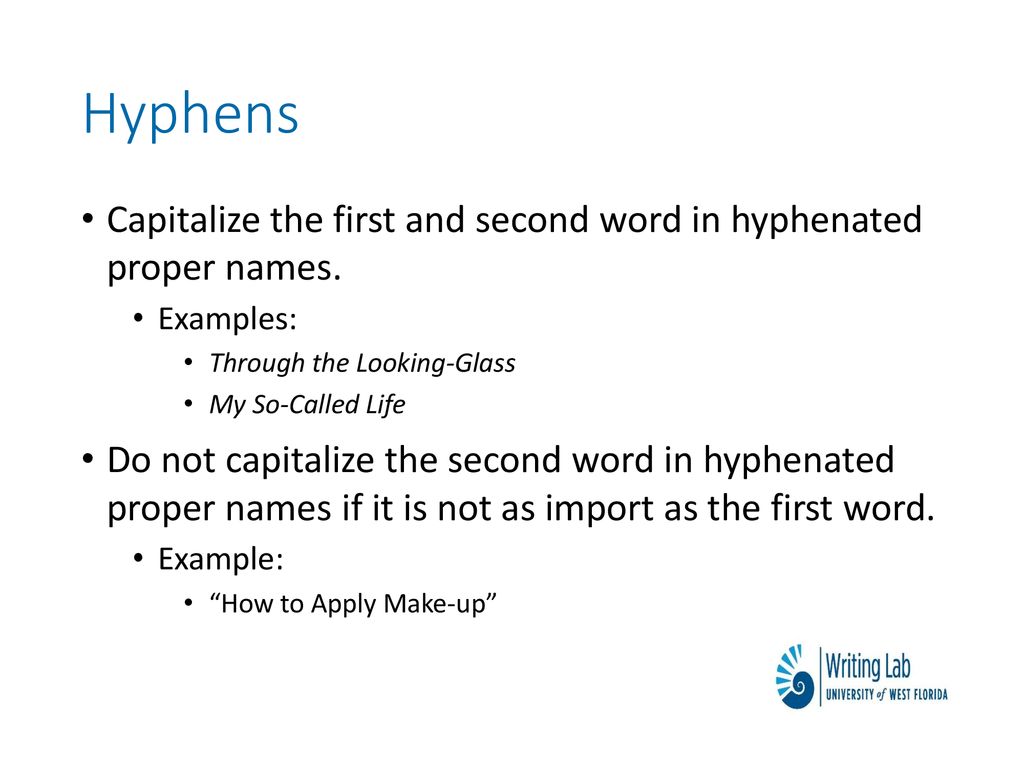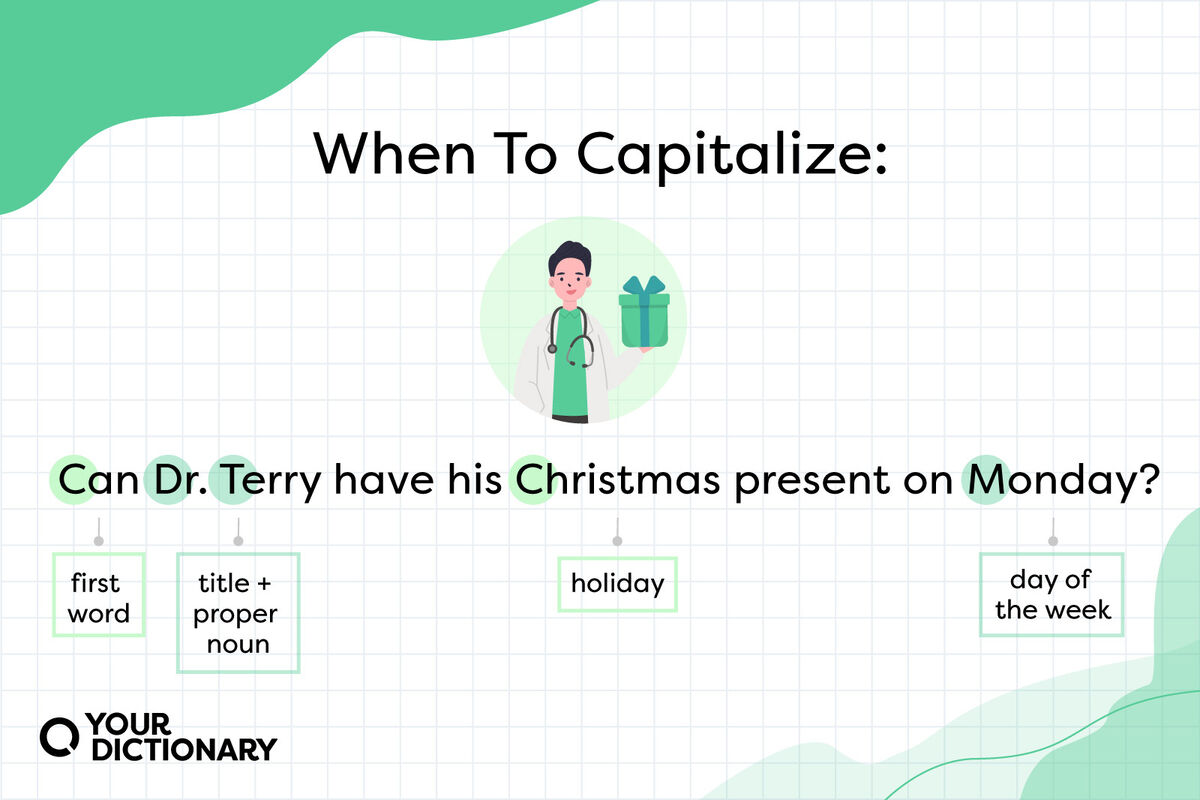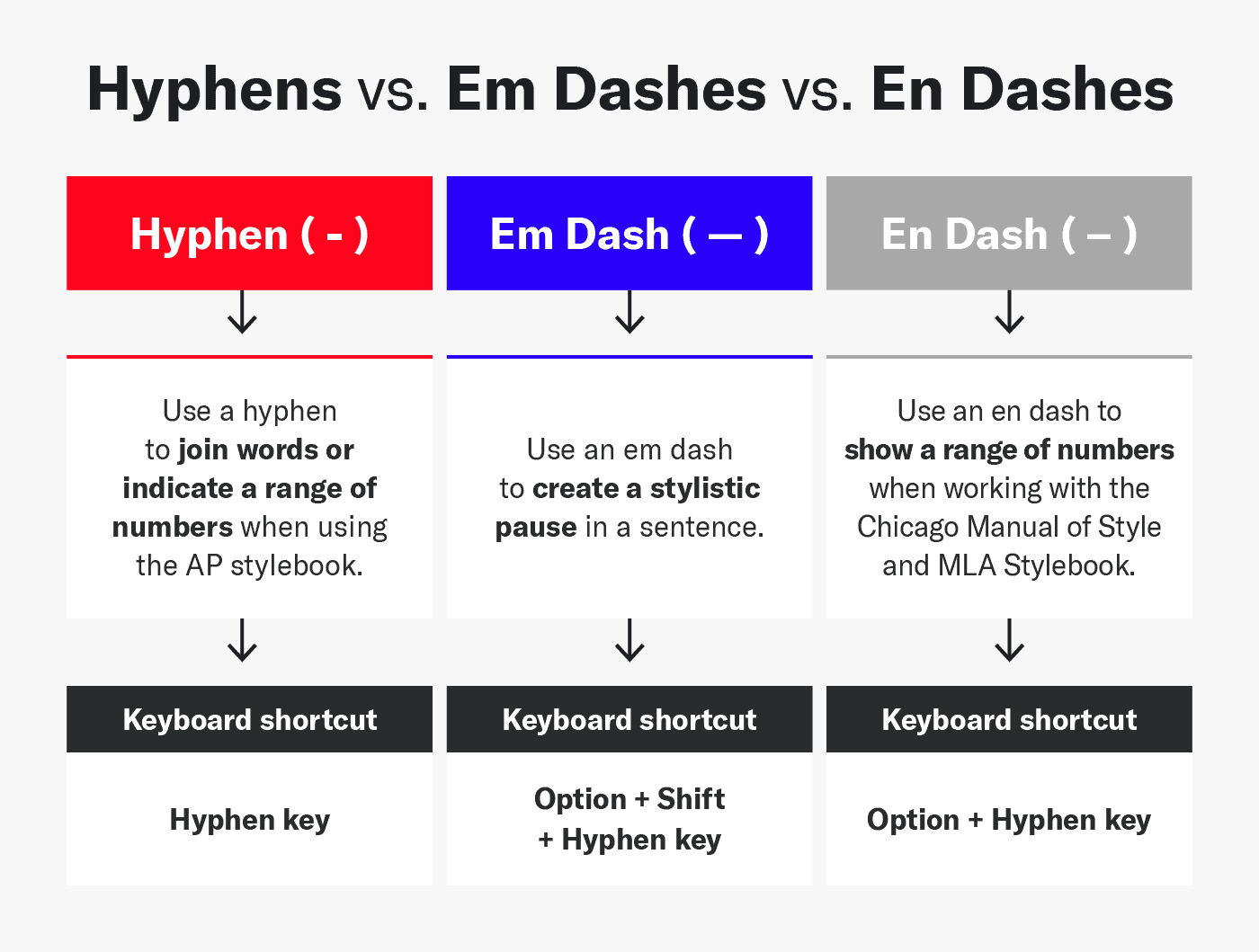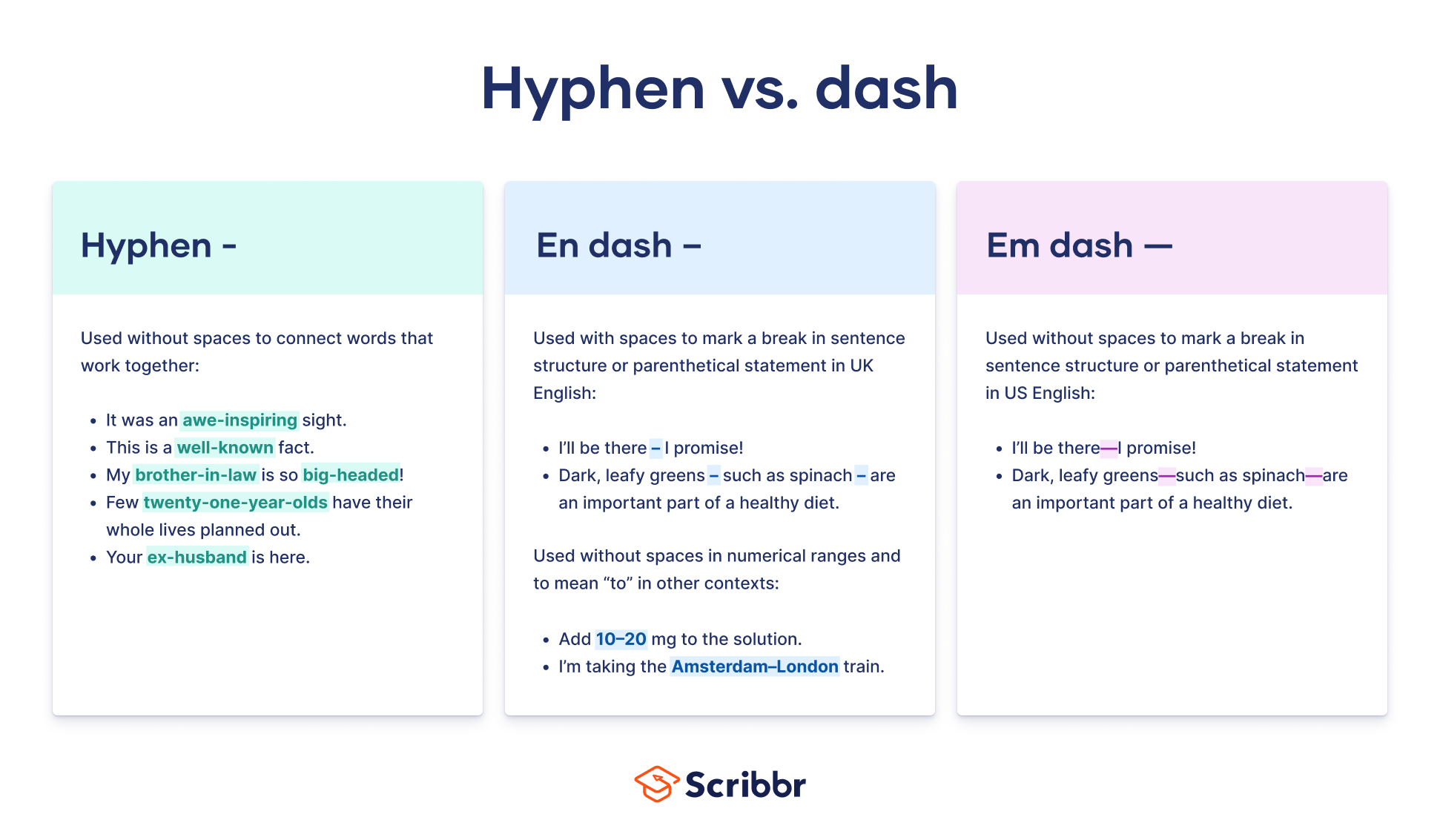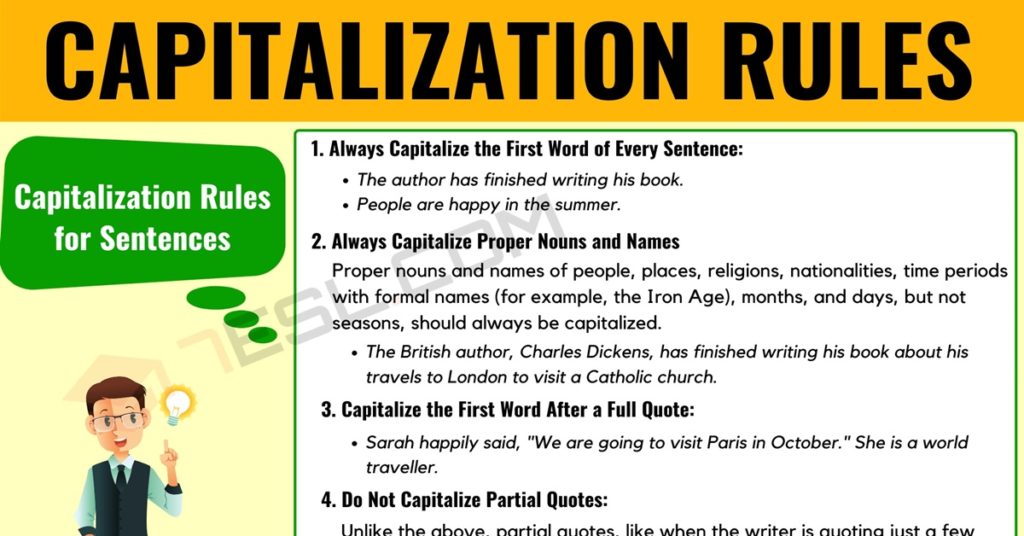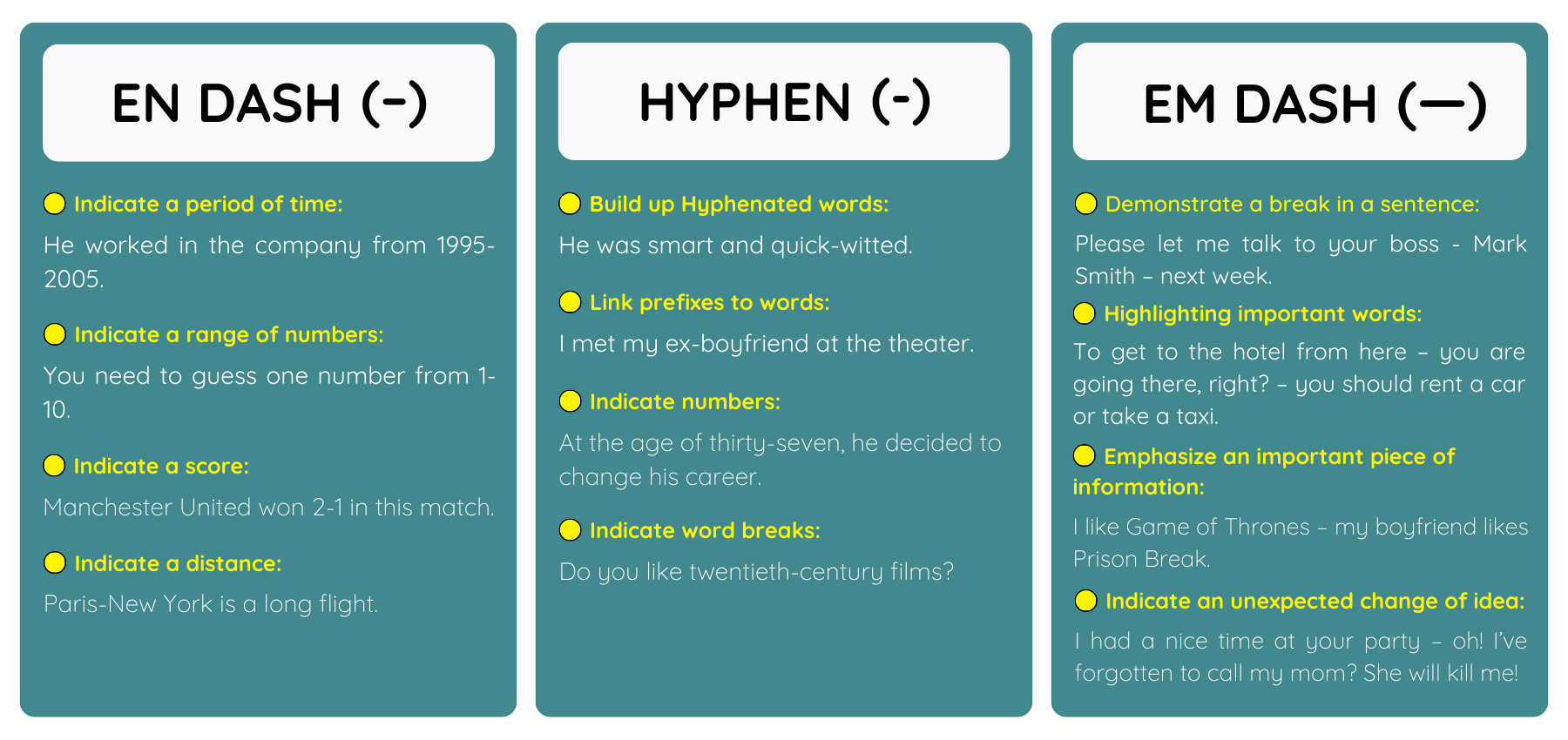Capitalize Second Word After Hyphen
Capitalize Second Word After Hyphen - The word following the hyphen is capitalized, unless it is an article, preposition, or coordinating conjunction. When capitalizing hyphenated words in a title, choose a style and follow it consistently. Simplest is to capitalize only the first word unless later. In addition, if the hyphen follows a. If the first element is merely a prefix or combining form that could not stand by itself as a word (anti, pre, etc.), do not capitalize.
In addition, if the hyphen follows a. If the first element is merely a prefix or combining form that could not stand by itself as a word (anti, pre, etc.), do not capitalize. When capitalizing hyphenated words in a title, choose a style and follow it consistently. The word following the hyphen is capitalized, unless it is an article, preposition, or coordinating conjunction. Simplest is to capitalize only the first word unless later.
Simplest is to capitalize only the first word unless later. The word following the hyphen is capitalized, unless it is an article, preposition, or coordinating conjunction. If the first element is merely a prefix or combining form that could not stand by itself as a word (anti, pre, etc.), do not capitalize. In addition, if the hyphen follows a. When capitalizing hyphenated words in a title, choose a style and follow it consistently.
"Hey. In a hyphenated compound situation, do you capitalize the second
In addition, if the hyphen follows a. If the first element is merely a prefix or combining form that could not stand by itself as a word (anti, pre, etc.), do not capitalize. Simplest is to capitalize only the first word unless later. When capitalizing hyphenated words in a title, choose a style and follow it consistently. The word following.
Capitalization—Names ppt download
The word following the hyphen is capitalized, unless it is an article, preposition, or coordinating conjunction. If the first element is merely a prefix or combining form that could not stand by itself as a word (anti, pre, etc.), do not capitalize. Simplest is to capitalize only the first word unless later. When capitalizing hyphenated words in a title, choose.
Do You Capitalize the First Word After a Colon?
Simplest is to capitalize only the first word unless later. When capitalizing hyphenated words in a title, choose a style and follow it consistently. The word following the hyphen is capitalized, unless it is an article, preposition, or coordinating conjunction. In addition, if the hyphen follows a. If the first element is merely a prefix or combining form that could.
Capitalization Rules 10 Important Rules for Capitalization of Letters
The word following the hyphen is capitalized, unless it is an article, preposition, or coordinating conjunction. Simplest is to capitalize only the first word unless later. In addition, if the hyphen follows a. When capitalizing hyphenated words in a title, choose a style and follow it consistently. If the first element is merely a prefix or combining form that could.
Do You Capitalize After A Semicolon? Rules and Examples ESLBUZZ
Simplest is to capitalize only the first word unless later. If the first element is merely a prefix or combining form that could not stand by itself as a word (anti, pre, etc.), do not capitalize. When capitalizing hyphenated words in a title, choose a style and follow it consistently. In addition, if the hyphen follows a. The word following.
11 English Capitalization Rules How, When, and Why YourDictionary
When capitalizing hyphenated words in a title, choose a style and follow it consistently. If the first element is merely a prefix or combining form that could not stand by itself as a word (anti, pre, etc.), do not capitalize. The word following the hyphen is capitalized, unless it is an article, preposition, or coordinating conjunction. In addition, if the.
To Hyphenate or Not? An Editing Guide Siege Media
The word following the hyphen is capitalized, unless it is an article, preposition, or coordinating conjunction. Simplest is to capitalize only the first word unless later. If the first element is merely a prefix or combining form that could not stand by itself as a word (anti, pre, etc.), do not capitalize. In addition, if the hyphen follows a. When.
"Em Dash" Bí mật đằng sau dấu gạch ngang dài làm thay đổi cách viết
If the first element is merely a prefix or combining form that could not stand by itself as a word (anti, pre, etc.), do not capitalize. The word following the hyphen is capitalized, unless it is an article, preposition, or coordinating conjunction. Simplest is to capitalize only the first word unless later. When capitalizing hyphenated words in a title, choose.
Capitalization Rules and How They Change for Words in A Title • 7ESL
If the first element is merely a prefix or combining form that could not stand by itself as a word (anti, pre, etc.), do not capitalize. The word following the hyphen is capitalized, unless it is an article, preposition, or coordinating conjunction. Simplest is to capitalize only the first word unless later. In addition, if the hyphen follows a. When.
How To Use A Long Hyphen PELAJARAN
When capitalizing hyphenated words in a title, choose a style and follow it consistently. Simplest is to capitalize only the first word unless later. If the first element is merely a prefix or combining form that could not stand by itself as a word (anti, pre, etc.), do not capitalize. The word following the hyphen is capitalized, unless it is.
If The First Element Is Merely A Prefix Or Combining Form That Could Not Stand By Itself As A Word (Anti, Pre, Etc.), Do Not Capitalize.
Simplest is to capitalize only the first word unless later. The word following the hyphen is capitalized, unless it is an article, preposition, or coordinating conjunction. In addition, if the hyphen follows a. When capitalizing hyphenated words in a title, choose a style and follow it consistently.

